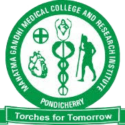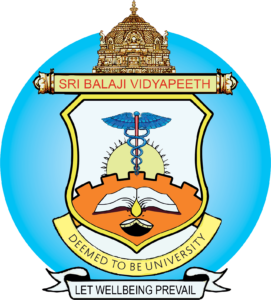Radiodiagnosis




Courses
Undergraduate Training
Regular lecture classes are being taken by the department faculty for undergraduate students. Apart from theoretical knowledge, radiological practical skills are also taught to them during their clinical postings. Students are trained to interpret in conventional radiographs , ultrasound , CT and MRI images – in basic and emergency conditions – like pneumonia , pleural effusion , EDH, SDH, Infarct etc.
At the end of the training, the student acquires the following skills
- to use basic protective techniques during various imaging procedures.
- interpret common X-ray, radio-diagnostic techniques in various community situations.
- understand appropriate diagnostic procedures in specialized circumstances.
Postgraduate Training
The postgraduate academic activity is ongoing with their clinical posting in the respective modalities. A separate teaching programme is conducted daily. It consists of a seminar, journal club and interesting case presentation. Lectures by the consultants will be done regularly.
- Journal club: one-hour duration-paper presentation/discussion-one per week.
- Seminar: One seminar every week of one-hour duration.
- Lecture/Discussion: Lectures on newer topics by faculty, in place of seminar/as per need.
- One Long Case presentation: One per week. Residents will present a clinical case for discussion before a faculty and discussion made pertaining to its imaging approach.
- One Short Case presentation: One per week. Residents will present a clinical case for discussion before a faculty and discussion made pertaining to its imaging approach.
- Interdepartmental discussions: One per month special emphasis is made on the surgical, pathology and radiological aspect of the case.
- Research Methodology: Course and lectures are to be arranged for the residents for the languages proficiency by humanity teachers besides few lectures on human values and ethical issues in patient care.
- Writing Thesis progress is presented once in three months and discussion made in the department. Guides/Co-Guides is to hear the problems of the candidates can provide assistance to the student.
The department focuses on imparting knowledge to the students on different aspects of diagnostic and interventional radiology in the diseases of various organ systems of the human body. At the end of the training, they should be able to apply this training at the secondary and tertiary level of medical care.
Training focuses on the following domains
- Cognitive domain (knowledge)
- The psychomotor domain (Skills)
- Attitudinal domain (Human values, ethical practice, etc.)
Cognitive Domain (Knowledge)
Describe aetiology, pathophysiology, and principles of diagnosis and management of common problems including emergencies, in adults and children. Demonstrate understanding of basic sciences relevant to this speciality. Identify important determinants in a case (e.g. social, economic, and environmental) and take them into account for planning therapeutic measures. Recognize conditions that may be outside the area of speciality/competence and to refer them to Advise regarding the management (including interventional radiology) of the case and to carry out the management effectively. Update oneself by self-study and by attending courses, seminars, conferences and workshop which are relevant to the field of radio-Diagnosis. Carry out guided research with the aim of publishing his/her work and presenting work at various scientific forums.
Psychomotor Domain (Skills)
- Take a proper clinical history, examine the patient, perform essential diagnostic/interventional procedures and interpret the result to come to a reasonable diagnosis or differential diagnosis in the condition.
- Provide basic life-saving support service in emergency situations.
- Undertake complete patient monitoring including the care of the patient.
Attitudinal Domain
- Adopt ethical principles in all aspects of his/her practice. Professional honesty and integrity to be fostered.
- Develop communication skills in order to explain the various options available in management and to obtain true informed consent from the patient.
- Be humble and accept the limitations of his knowledge and skills and to ask for help from colleagues/seniors when needed.
- Respect patient rights and privileges including the patient’s right to information and right to seek a second opinion.
Dissertation
Every candidate pursuing an MD degree course is required to carry out work on a selected research project under the guidance of a recognized postgraduate teacher. The results of such a work shall be submitted in the form of a dissertation.
The dissertation is aimed to train a postgraduate student in research methods and techniques. It includes identification of a problem, formulation of a hypothesis, search and review of literature, getting acquainted with recent advances, designing of a research study, collection of data, critical analysis, comparison of results and drawing conclusions.
The chief guide will be from the department of Radio-Diagnosis while co- guides will be from either the department or other disciplines related to the dissertation topic.
PhD
The senior faculty are recognized as a PhD Guide for aspiring PhD candidates whoever is interested to pursue one’s study with any kind of theme based on Radiology.
Courses Offered
PhD

MD – RADIODIAGNOSIS

MBBS

B.Sc MEDICAL IMAGING AND TECHNOLOGY



